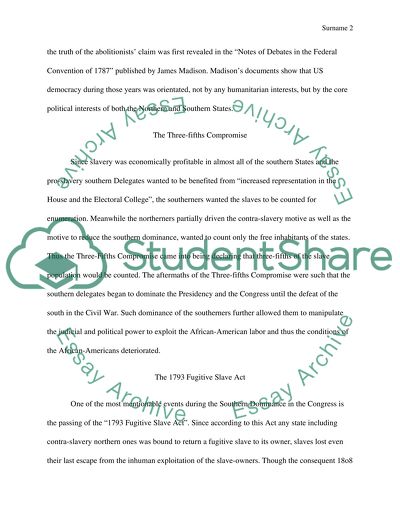Cite this document
(“Impact of slavery on the lives of african americans during the Essay”, n.d.)
Retrieved from https://studentshare.org/history/1411810-impact-of-slavery-on-the-lives-of-african-americans-during-the-pre-civil-period
Retrieved from https://studentshare.org/history/1411810-impact-of-slavery-on-the-lives-of-african-americans-during-the-pre-civil-period
(Impact of Slavery on the Lives of African Americans During the Essay)
https://studentshare.org/history/1411810-impact-of-slavery-on-the-lives-of-african-americans-during-the-pre-civil-period.
https://studentshare.org/history/1411810-impact-of-slavery-on-the-lives-of-african-americans-during-the-pre-civil-period.
“Impact of Slavery on the Lives of African Americans During the Essay”, n.d. https://studentshare.org/history/1411810-impact-of-slavery-on-the-lives-of-african-americans-during-the-pre-civil-period.


